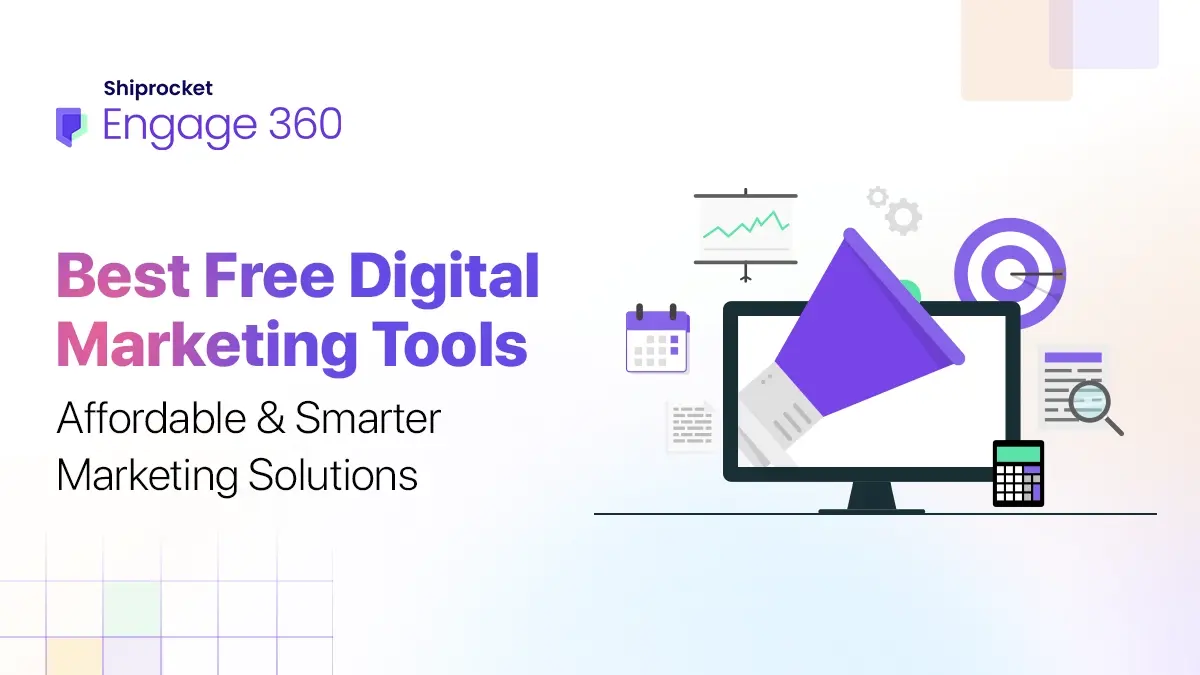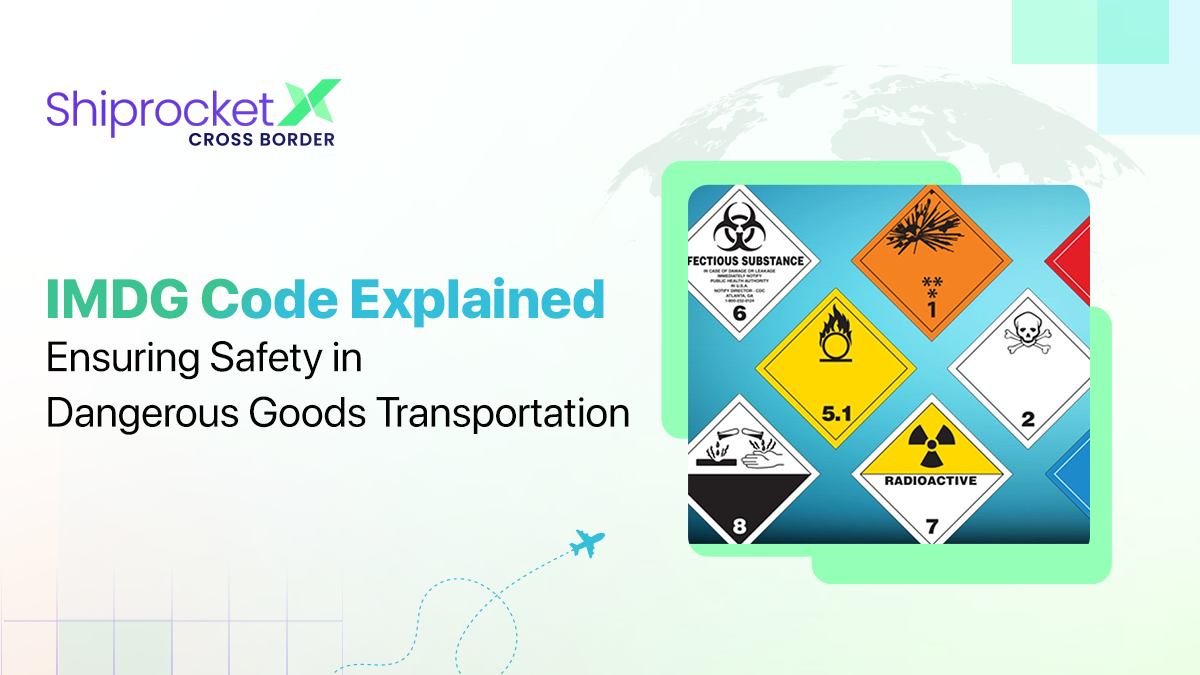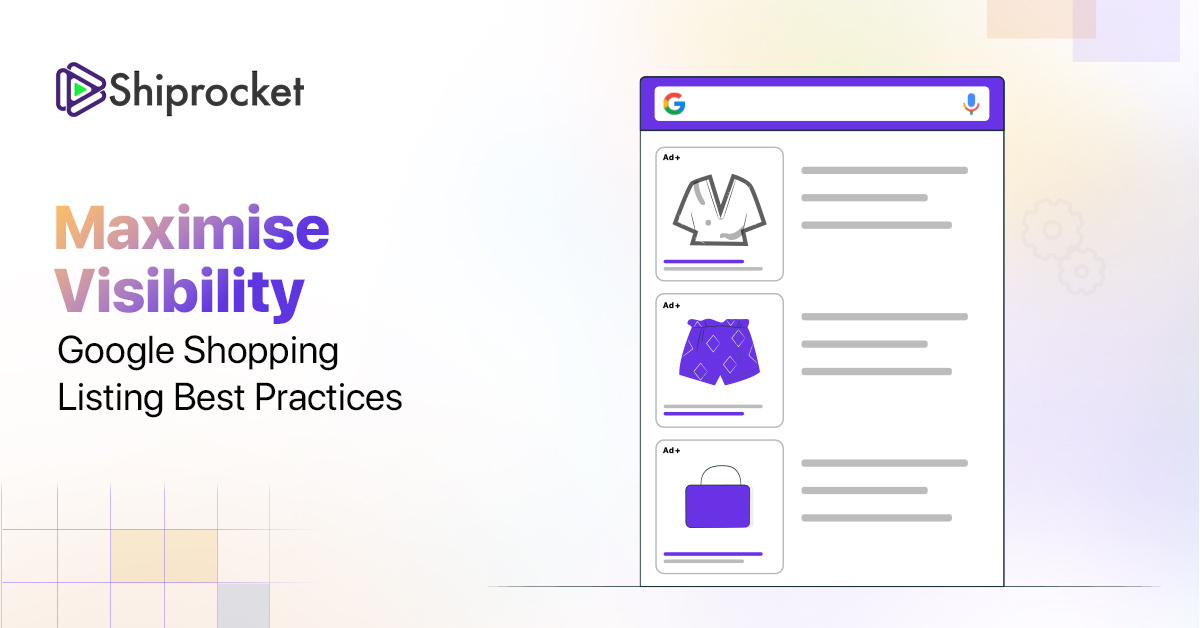Wholesaling: Clarity, Roles, Types & Pricing
Are you curious about how goods move from the manufacturer to the hands of the end customer? It’s a complex process that involves a variety of parties, including distributors, wholesalers, retailers, and producers. In this guide, we’ll be focusing on the role of wholesalers in the supply chain and how buying and selling in bulk can benefit businesses. Whether you’re a seasoned business owner or just starting out, understanding wholesale can be a valuable tool in growing your enterprise. So, let’s dive in and explore the world of wholesale!

What is Wholesale or Wholesaling?
Wholesale is the process of purchasing and selling goods in large quantities, typically to businesses rather than individual consumers. This involves buying products in bulk directly from the manufacturer at a discounted price and then reselling them to retailers or other businesses at a markup.
A wholesaler serves as the intermediary between the manufacturer and the retailer, making it easier for both parties to conduct transactions efficiently and at scale. By purchasing in bulk, wholesalers are able to negotiate lower prices and reduce handling costs, which allows them to offer competitive prices to their customers.
In some cases, the wholesaler may also be the manufacturer or producer of the goods. Regardless of the specifics, the wholesale market plays a crucial role in the supply chain and can be an effective way for businesses to source the products they need to succeed.
Roles of Distributors, Wholesalers, and Retailers
Distributors, wholesalers, and retailers all act as a medium until the final product reaches the paying customer. Each plays a different role in the supply chain and has different responsibilities defined, which are explained below.
- Distributor
The distributor is an independent agent who acts as the manufacturer’s direct point of contact for buyers. Many distributions maintain exclusive buying agreements with manufacturers that limit the existence of other distributors within a certain territory or range.
Distributors also face limitations due to this exclusive buying agreement, which restricts them from selling other or competing products. Distributors have a large warehouse capacity to maintain stock for up to a year and mostly work with wholesalers who can buy large quantities of the product. They rarely sell directly to customers but sometimes work directly with retailers.
2. Wholesalers
They directly deal with distributors to buy products in bulk. Wholesalers can stock a wide range of products and resell the stock to retailers at a wholesale price. Distributors provide discounts to wholesalers if the number of products purchased or the total amount spent on products exceeds a certain limit set by the distributor. Wholesalers are deemed as distributors if they only stock non-competing products. They also assemble products or split bulk orders into smaller quantities and store products in warehouses for shorter periods than distributors, mostly up to six months.
3. Retailers
They sell directly to consumers for consumption and not for resale. Retailers are for-profit businesses that need to search for the best wholesaler or distributor to provide the right product in the quantity required at the right price. Retailers buy products in bulk and sell them in small quantities to the customer at a higher price.
Types of Wholesale Distribution Channels
For wholesale distribution, depending on the product and target audience, any one or a combination of the distribution channels mentioned below would work for your business. What channel works for your business may not give the same results for other businesses. You must choose the best distribution channel suited for your unique business needs.
The various wholesale distribution channels are:
- Retailers: The sale of the product is the responsibility of the intermediaries like retailers who own a brick-and-mortar store or a franchise.
- Direct Mail: Marketing to consumers directly through catalogues. This requires wholesalers to maintain fully functional marketing and customer service departments.
- Telemarketing: Telemarketing focuses on marketing directly to consumers, but wholesalers would require a much bigger investment in terms of workforce. It also involves capital investment, like hiring a call center facility and training staff for telesales.
- eCommerce: Your website is another channel to sell to your customer directly. eCommerce has made selling products online easy and provides a way to serve niche markets.
- Sales Team: Sales efforts directly depend on people in your payroll or commissioned agents.
- Wholesaler: A company that buys in bulk and resells the products through any channels mentioned above.
Wholesale Pricing
Wholesale pricing ensures a balance between healthy competition in business and making a profit. Wholesale pricing varies depending on the quantity bought.
What is Wholesale Pricing?
Wholesale pricing is defined as the price a manufacturer charges the wholesaler for bulk orders. Because bulk buying is involved, a significant discount can be expected from the manufacturer. This makes it possible for wholesalers to make a profit through retail markup. Retail markup is the difference between the selling pricing on wholesale products that a retailer charges minus the wholesale price when bought from the wholesaler.
Goods are sold in large quantities; hence the wholesale price is set to the lowest possible rate. This ensures that other participants in the supply chain enjoy a profit.
Factors Affecting Wholesale Pricing
Pricing for similar products differs across suppliers as each supplier’s sourcing of materials, manufacturing location, transportation, and storage differ. Other factors affecting wholesale pricing are material availability, economic conditions, and customer demand.
Strategies for Effective Wholesale Pricing
Wholesale businesses need to neither set the price too high nor too low. Too high a price would risk lesser customers for your product, and too low a price would diminish the value of your product and make it difficult to generate a profit. Finding the right price is critical, and different strategies are available for achieving the same.
Some of the wholesale pricing strategies that you can utilise are:
- Absorption pricing: Also called cost-based or cost-plus pricing, the aim is to absorb all the costs associated with manufacturing or procuring the goods into the price. After determining the price, a markup is added to arrive at the final price.
- Differentiated pricing: This pricing model is flexible as your pricing changes according to the situation. It is a demand-based pricing strategy.
- Value-based pricing: Similar to differentiated pricing, the focus is to find what consumers are willing to pay for your product.
- Competitive/market-based pricing: This strategy uses competitor pricing as a benchmark. You can set it at a similar or lower price to attract more buyers.
- Bundle pricing: This price strategy involves selling two or more products at a single price that will normally be set lesser than the combined prices of the products.
- Penetration pricing: This price strategy is used by wholesalers who are new to the market or are offering a new product. The prices are set low to persuade retailers to make a purchase, thus increasing sales.
Shipping in Wholesale- How Shiprocket can help?
Wholesale shipping can be carried out successfully with the help of Shiprocket. Shiprocket has a wide network of carriers and tracks all your orders, keeping you well-informed about the movement of your cargo in real-time. With over 28,000+ pin codes within India, you can provide a wider reach for your customers. Shiprocket’s AI tool offers the best carrier recommendations depending on your shipping needs, delivery dates, and budget. With a skilled force, all your shipments are processed faster and delivered on time.
Conclusion
The wholesale industry is a key component of the supply chain, providing a crucial link between manufacturers and retailers. By buying and selling goods in bulk, wholesalers help to ensure that products are available to retailers and, ultimately, to end customers. While the business models of wholesalers, distributors, and retailers may vary, their shared goal is to deliver high-quality products to customers at a reasonable price. By working together, all stakeholders in the supply chain can benefit and achieve their goals. Whether you’re a manufacturer, wholesaler, distributor, or retailer, it’s essential to understand the role that each party plays in the supply chain and to work collaboratively to ensure the success of the business ecosystem as a whole.
Frequently Asked Questions(FAQs)
Wholesale saves money, builds a network of suppliers, increases knowledge in the wholesale industry, and helps to expand to other markets.
The types of wholesale are merchant wholesalers, speciality wholesalers, internet wholesalers, limited-service wholesalers, discount wholesalers, and many more.
A dropshipper is a type of online retailer who does not keep any stock but earns a commission on orders transferred to their wholesale dealer.






